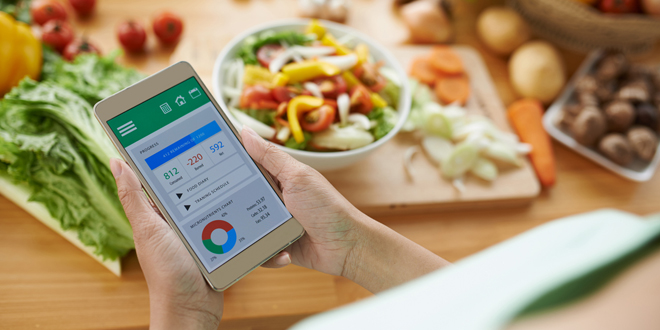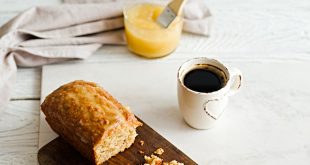Living with diabetes requires ongoing decision-making. Using an app can improve both your health and your self-confidence. But with so many food apps available, how do you choose? Read on to learn more about food apps for people with diabetes.
What types of food apps are available?
Apps can help with carb counting, which is an important component of diabetes management, especially for those who take insulin. Most apps offer a simple way to look up the carbohydrate value of a food quickly.
Apps can also be used to track daily food intake. Sharing these records with your diabetes healthcare team can provide valuable information that can assist with making a plan for your diabetes management. Keeping track of what we eat for a short period of time can help us gain some insight into our habits and learn about the food we eat. If this leads to making healthy changes to the way we eat, that’s a fantastic outcome!
Are there any downsides to using food apps?
Sometimes tracking food leads to obsessing about numbers. Suddenly you feel guilty about eating a slice of cake at a birthday party because it pushed you over your allotted calorie amount. This can lead to feelings of shame. Tracking food can actually lead us to be less in tune with our body, and it can take the pleasure out of food.
For some, tracking food is a valuable tool. For others it has a negative effect on mental health. Work with a registered dietitian to find a strategy that allows you to meet your health goals and still enjoy your food.
Some basic considerations
- There are no guarantees regarding the accuracy of nutrition apps, especially if users are able to enter data.
- Nutrition Facts labels and restaurant websites will always be the best resource for nutrition information.
- Some apps have a barcode scanning feature. If the nutrition label is available, there is no need for barcode scanning. Barcode scanning will make it quicker to track packaged foods. Ideally, we are eating fewer packaged foods, making the barcode scanning feature less important.
- A community support component can allow users to share success stories and get tips, recipes and more. But it can also allow the sharing of misinformation.
Which food apps can be recommended for people with diabetes?
The table below lists some popular apps recommended by diabetes educators. They were chosen with the following characteristics in mind: effectiveness, functionality, ease of use and credibility.
| Calorie King (Apple & Android)
Free, with in-app purchases Details
|
| Figwee Portion Explorer (Apple & Android)
Free, with in-app purchases Details
|
| MyFitnessPal (Apple & Android)
Free, with in-app purchase Details
|
| Fooducate (Apple & Android)
Free Details
|
| Calorie Counter by FatSecret (Apple & Android) Free Details
|
Many more apps are sure to come. Each one will be unique and helpful for different individuals. Chat with your diabetes healthcare team to see which one(s) might be best suited for you.
 Diabetes Care Community Learn, connect and care
Diabetes Care Community Learn, connect and care



